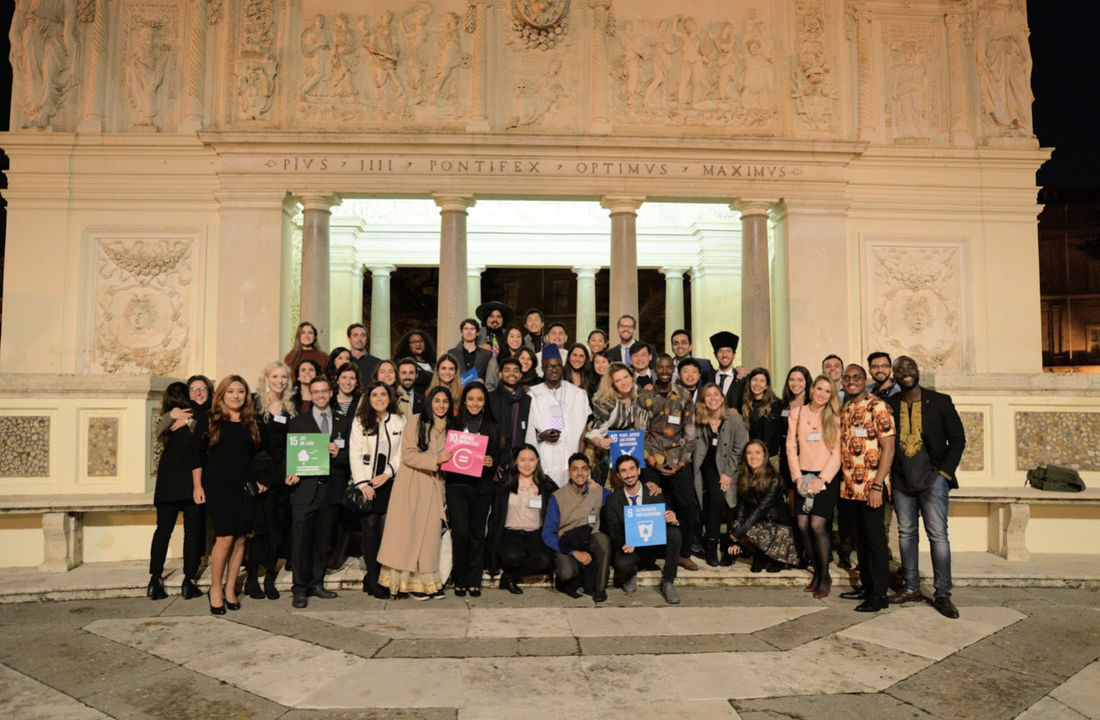 By Estella Owoimaha-Church, #TeachSDGs Ambassador Let me begin by stating this post is over a month past due. The tardiness of this post does not diminish my impetice to share. I figured I should complete it before 2019 hits us. In October, I was fortunate enough to receive an invitation to participate in the 5th annual Vatican Youth Symposium hosted by the Pontifical Academy of Sciences (PAS) and the UN Sustainable Development Solutions Network (SDSN) in Vatican City. My invitation came from Bishop-Chancellor, Marcelo Sánchez Sorondo of the PAS and Siamak Sam Loni, Global Coordinator of SDSN Youth. I was more than happy to accept the invitation as a opportunity to represent RFK Human Rights & #TeachSDGs. The Youth Symposium is an “annual gathering of young leaders from around the world, discussing and generating solutions for the most urgent issues of humanity...It has developed into a leading global forum for young leaders in sustainable development and an intergenerational platform for building social movements.” This year’s theme was “Youth Leadership for Integral Human Development - Laudato Si’ and the Sustainable Development Goals” which sparked dialogue and collective action towards Sustainable Development among youth around the world. The symposium featured several tracked conversations; some on education, some related to funding, and others around technology. All of these conversations can be found here. 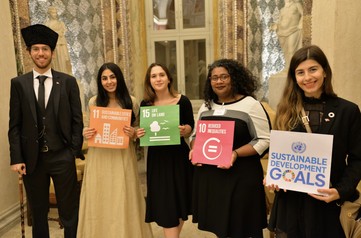 From far left to right, Toyger Akay, Serena Mukhi, Bugda Giritlioglu - roommate, Estella Owoimaha-Church - me, and Buket Altincelep From far left to right, Toyger Akay, Serena Mukhi, Bugda Giritlioglu - roommate, Estella Owoimaha-Church - me, and Buket Altincelep My Roomie The invitation to participate in the youth symposium came just after my 30th birthday. Forgive me, my vanity is showing, but I was all too flattered to be considered a “youth” for probably the very last time in my career. I was made even more aware of this when I met my roommate, Bugda. Me - an older Millennial. She - a member of Generation Z and current high school senior. When we met at check-in, I was beyond shocked to find out she was in high school. A better word is impressed; a young girl, from Turkey, traveling on her own, to the Vatican, to speak and share her project in Sustainable Development. I, of course, immediately went into teacher-mom-mode, feeling as though I needed to look after her but she proved she was more than capable within the first few minutes we were together. I had to have a mental check-in and remind myself we were there for the same reasons. Clearly, she can take care of herself. She was one of the youngest participants at the symposium and had received the very same invitation. Student voice is so imperative to my daily practice and to this global movement for sustainability. Whenever given the chance, I seek to elevate youths’ voices and concerns. As her roomie, I had the unique fortune of capturing her story. Below are some of her responses to the questions I asked her. EC: What was your project or reason for being invited to participate in the Youth Symposium? BG: I went..as a UN- Habitat Youth volunteer. I was the only high school student who participated in that symposium, so it makes the event even more exciting for me. The purpose I went there was to learn and improve myself as a UN- Habitat youth volunteer for the projects I’ll organize in Turkey. My aim is to build awareness for the young generation in Turkey. I want to start a movement in Turkish schools, because young people have both energy and the motivation to improve our world in many ways but they cannot take action because of the lack of belief and I want to change that. EC: What was your favorite part of the symposium or your biggest takeaway? BG: The most important thing I learned from the symposium was, that we need ACTION. We have a really limited time for making sustainable changes and we are still not aware of the emergency of the situation. We have so much to do- even if we [have] done a lot. There are lots of people trying to make a better place for our future with great projects from all over the world but most of them are not sustainable, which is the most important issue. Also, I learn that those sustainable development projects need great funds -which is hard to find. So, the collaboration of organizations and the humanity is really important. EC: Why or how do the SDGs matter for you and your generation? BG: We have only a limited time to save our world from...complex global problems. As UN mentioned, there is only 11 years left to slow down or stop...climate change and find solutions for the 17 sustainable goals. So, I think that in such a situation our generation becomes the last hope for our world. Also, I think that -sadly-, our generation is the only generation which starts feeling the consequences of theses problems, which makes us more aware. But also we have the motivation, energy end technology for a positive change. EC: What are your plans are for future? School? Career? Life? Continued service? BG: I’m now a senior student in Erenkoy Isık High Schools, this year I’ll make my university applications and I want to study Global Challenges and Sustainability for my bachelors. Then do my graduate studies on Media and Communication, because I want to learn more and improve myself [on] how to solve the complex global problems in our world. I believe that learning is not enough if I cannot spread my knowledge to the world. So, my current plan is after studying Global Challenges and Sustainability, spreading my learnings through effective use of communication...to the world and starting a world changing ACTION. See what I mean? I-M-P-R-E-S-S-E-D. My interview with Bugda really sums up how I felt during the symposium and immediately after. Millennials, in my opinion, kind-of have a bad reputation. We’re characterized as either desensitized to the point of indifference, too consumed with social media or technology that we seem catatonic, or simply too cool to care. But as I sat listening to all these beautiful people from all around the world share their stories, their work, life-long projects, labors of love, and collective humanity, I felt a swelling of pride. For, I think the first time, I was truly proud to be a millenial and a shepard, so to speak, of Generation Z. I was reminded that I am not alone in this effort. My role in the classroom is imperative and teaching the Sustainable Development Goals a non-negotiable. Before we parted ways, she presented me with a trinket - a beautiful, blue, glass cat - from her home country. With this gift, I had a new friend and colleague in spite of generational divides and international borders. It lives in my classroom, on my desk, as a reminder of our friendship and a manifestation of my faith. My faith - always and forever - lying within the youth I serve and our shared humanity. Symposium Takeaways The morning sessions began with a message from Monsignor Sanchez: “You will inherit the world from your elders. Young people the world is yours, you lead us into the future...Love into action...Change the globalization of indifference into globalization of love...Don't Sacrifice dignity in the name of profit.” Profound words to kick off dialogue about collective work and humanity in a movement toward sustainability. I listened, with the utmost pride and admiration, to youth share their challenges and success in their efforts to meet the goals. Every time someone took their turn to speak, I could not help but process the same thoughts over and over again. And that is, teaching is the one profession that creates all other professions. This was even represented in how the symposium was divided into tracks. When my theatre students prepare their college applications, there is always an awkward conversation around their major selection. Usually, my kids are afraid of hurting my feelings when they have to break the news to me that they, indeed, won't be majoring in theatre. It’s sweet but I usually respond with, “Good!” Sometimes they are taken aback and little offended but I am able to remind them of a few things. For one, their futures are not tied to my past. They must forge their own paths. Second, their skills as artists are beyond transferable and my ultimate hope is that I have helped them become empathetic-global-collaborators who are going to act in their respective fields with compassion, tolerance, and humility. Imagine, a future where every student at some point in their early and secondary education had a teacher who prioritized community, empathy, and shared responsibility in shaping our world for the better. This generation is the largest generation of young people ever. More and more, young Millennials and Generation Z are looking to be active. They are launching more startups and are gaining higher education degrees. Eventually, they will make up at least 75% of the global workforce. Consider numbers in the U.S. alone. At least 3.2 million educators in in the United States. Let’s assume each has a classroom of at least 30 pupils (that classroom size would triple for most secondary educators). That would be nearly 96 million students. And, again, that’s just here in the U.S. If every child around the globe has an educator in their life who has taken the pledge to teach sustainable development, we’d end up with a legion of more than 100 million youth who will reshape the world for good. I am lucky because I no longer have to imagine it. I witnessed it at this symposium. Furthermore, I was inspired to keep teaching for as long as I can if it means several more generations of young leaders such as those I met in October at the Vatican; such as Budga. So, teachers in this movement for sustainable development - TeachSDG ambassadors - we are on the right track. We have to continue to prioritize SDG 4, Quality Education, and reframe how we view our work in our respective learning spaces. While our profession lacks the respect it deserves, remember that each day you show up to work is a form of direct action in this movement. We have to empower ourselves and each other in order to sustain ourselves, as well as this movement. As countries change leadership throughout the years, teachers will most likely remain in their learning spaces regardless of who is in power. Our students are on their way to change the world, one industry sector at a time; one global goal at a time. We are on our way to creating a lasting impact in this movement one lesson plan at a time; one student at a time; one day at a time. Possibilities for Collaboration(s) Below are just some of the individuals and organizations that were represented at the Vatican Youth Symposium. If we are going to be successful in the movement towards Sustainable Development then synergy will have to take form and bring our collective efforts together. We cannot continue to work in silos and isolation, which is where we teachers end up far too often. Hugh Evans & Global Citizen Sam Loni & SDSN Youth Dr Anthony Annett & International Monetary Fund Tabitha Mpamira-Kaguri & EDJA Foundation Tomas Insúa & Global Catholic Climate Movement Jose Maria Del Corral & Scholas Camille Bangug & Millennium Campus Network Yi Jun Mock & SDG Students Program Professor Fernando Reimers & Harvard University Amanda Abrom & Global Schools Program Kinsu Kumar & Kailash Satyarthi Foundation Yesika Aguilera & Tespack Christina Myers & Omni Institute Filippo Veglio & World Business Council on Sustainable Development Dario Piselli & Youth Solutions Program Facundo Lugo & La Alameda Foundation Thomas Preiss & Common Goal Vanessa Fajans-Turner & Sustainable Development Solutions Network Djaffar Shalchi & Human Act Lynn Zovighian & Nexus 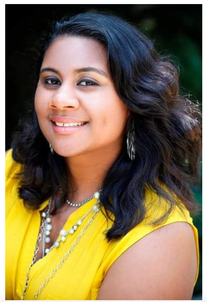 Estella Owoimaha-Church was recently named a Global Teacher Prize Finalist (2017). She holds an M.A. in Education: Language Arts & Literacy from Loyola Marymount University and a B.A. in African-American Studies: Urban Education from California State University, Northridge. Estella teaches theatre in Los Angeles, helping youth to employ performing arts as a community service tool. Mrs. Church is an education consultant, as well as a reading, curriculum and pathway specialist. Though in the classroom full time, she remains active with several community organizations, including Robert F. Kennedy Human Rights, training teachers in human rights and social justice education. “The arts are a transformative tool; when paired with the SDG’s, the arts can heal communities and build bridges, cultivate youth into global citizens, and usher in the SDG’s by 2030.” She is humbled and looks forward to serving her community as an #TeachSDGs & Varkey Teacher Ambassador. Connect with Estella on Twitter at @eochurch. |
AuthorSTeachSDGs Team & Contributors Archives
November 2019
Categories |
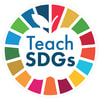
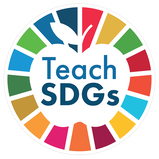
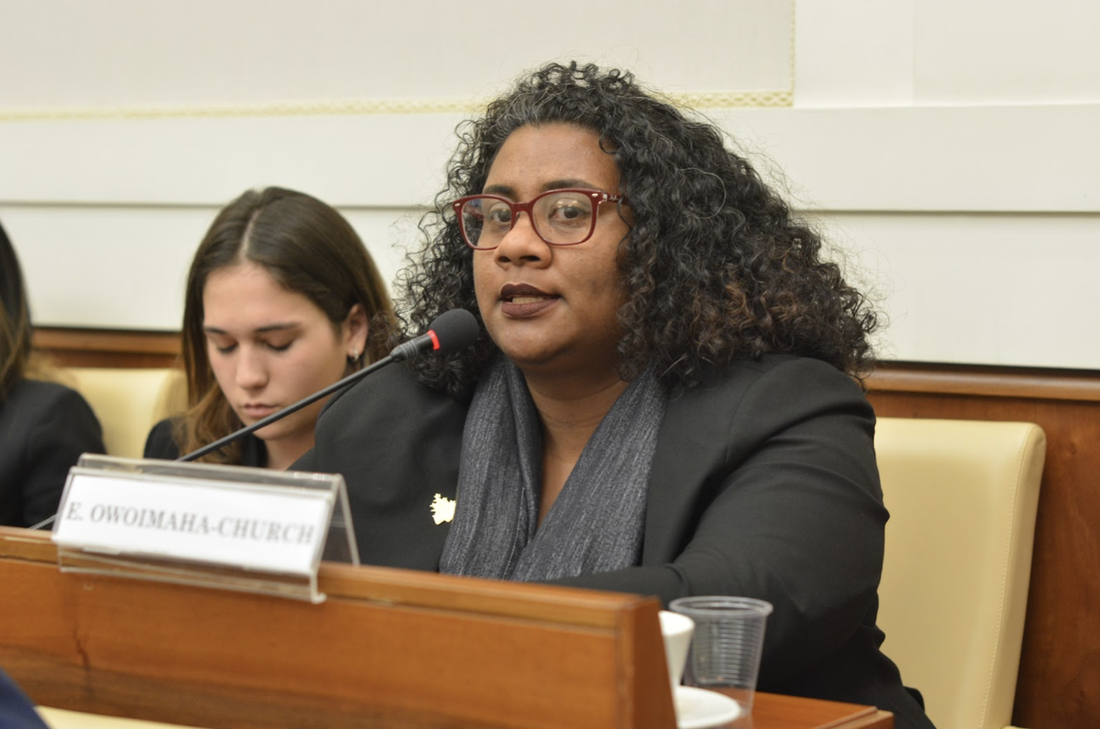
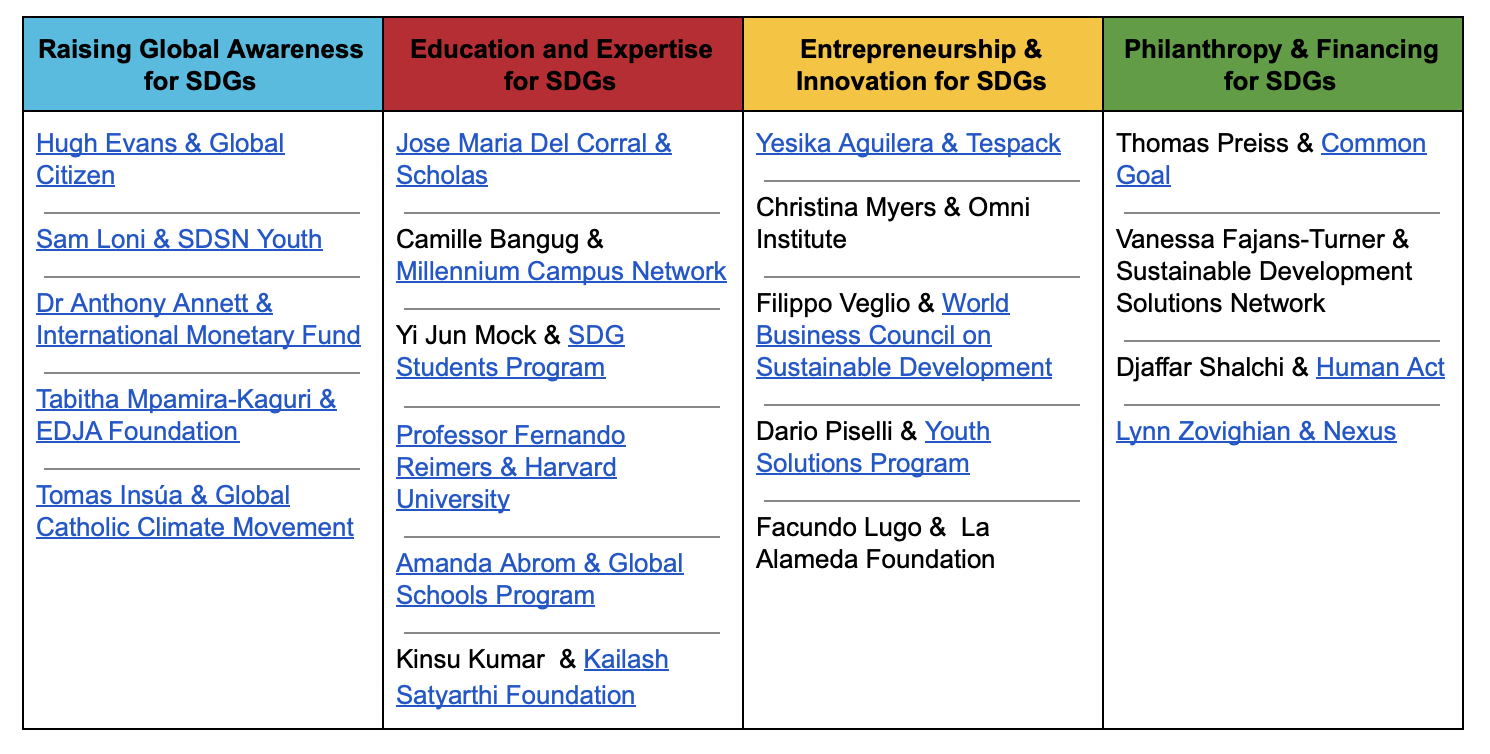
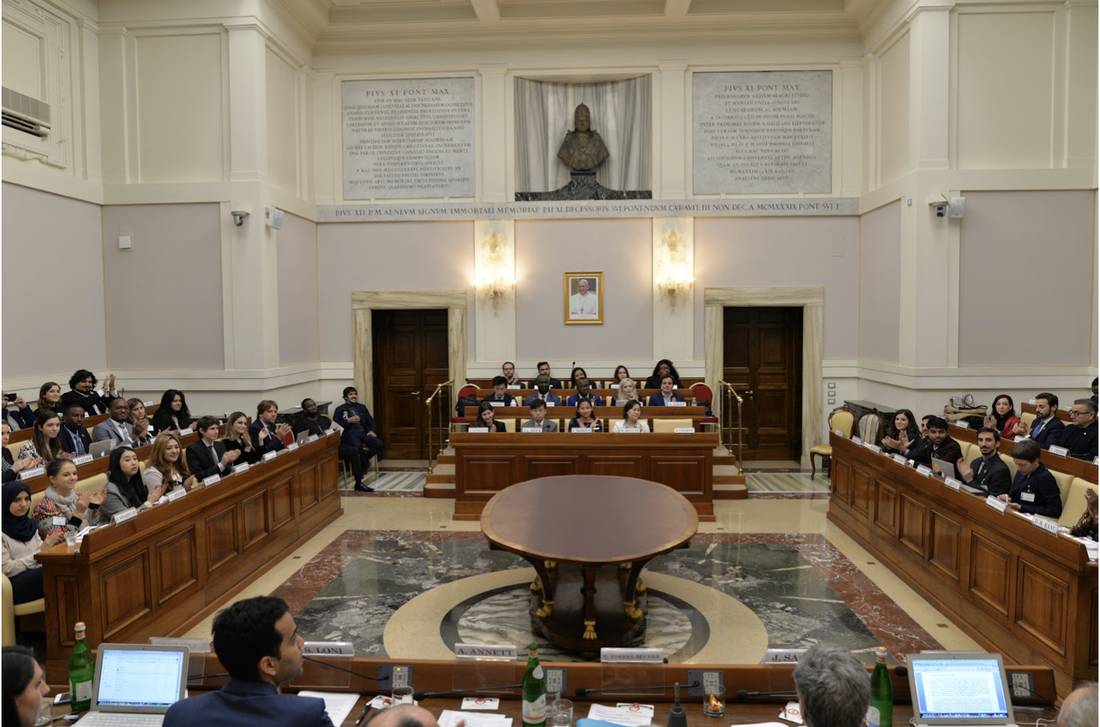
 RSS Feed
RSS Feed